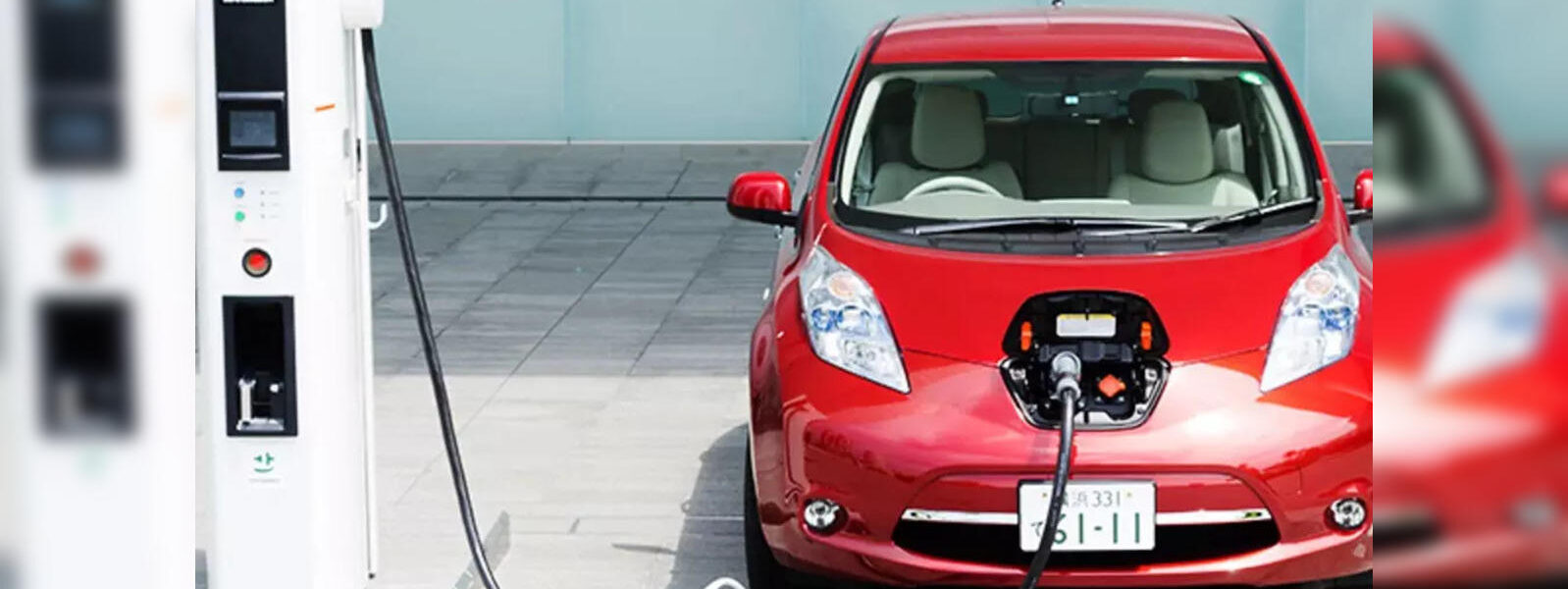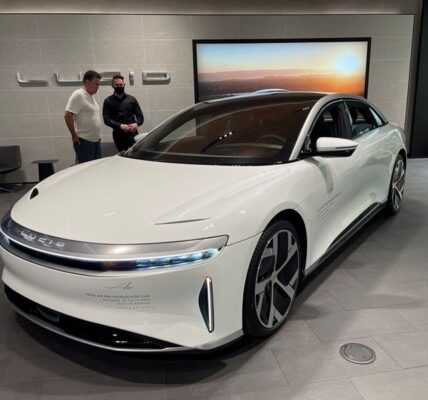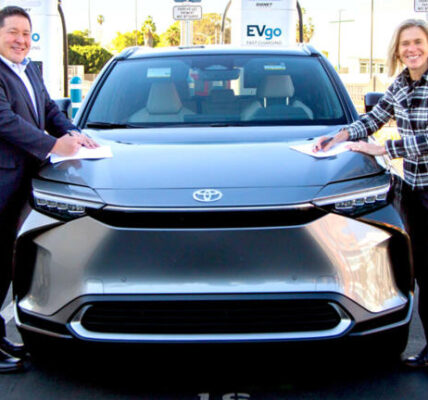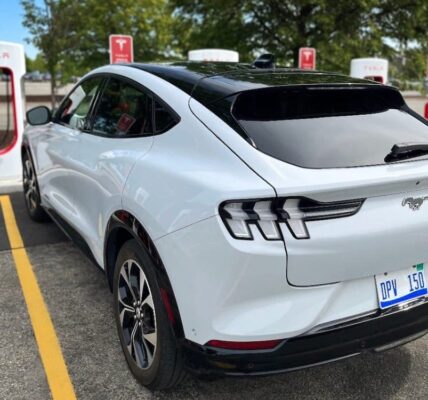A new report has exposed electric vehicles as wasteful money pits, living up to the adage: If it seems too good to be true, it is.EV proponents often claim they’re cheaper to own than conventional gas- or diesel-powered vehicles, but that’s simply not true after accounting for the billions of dollars in costs government subsidies and mandates quietly conceal.
The stark reality is the average EV costs at least $53,000 more over 10 years than conventional vehicles, effectively doubling the price of the average new car.
But $22 billion in government handouts to EV owners and manufacturers absorb the extra expense at every stage of the vehicle’s life, from raw-material sourcing to battery charging.
Examining the numbers behind recharging makes this very clear.While EV advocates claim charging costs are equivalent to $1.21-per-gallon gasoline, the real amount is an order of magnitude more.
Including the charging equipment, subsidies from governments and utilities and other frequently excluded expenses, the true cost of charging an EV is equivalent to $17.33-per-gallon gasoline — but the EV owner pays less than 7% of that.
Over 10 years, almost $12,000 of costs per EV are transferred to utility ratepayers and taxpayers, effectively socializing the price of recharging an EV while keeping the benefits private.Due to high entry price points — the average EV costs $58,000, the average gas vehicle $33,000 — most EV consumers are affluent.
This is socialism for the rich: a transfer of costs from higher net-worth individuals to middle- and lower-income taxpayers.
It’s the equivalent of levying taxes and fees on public-transportation users and those who walk or bicycle to work and using the money to reduce the price of gasoline.
Everyone without a car would be furious if they found out their money was effectively being given away like this.
But that’s precisely what’s happening with EVs.
One reason EV recharging costs so much is the tremendous energy density of gasoline and diesel.
A single horsepower is 746 watts, so the engine in a typical American sedan is strong enough to provide more than the maximum amount of electricity four typical American homes are wired to handle.
Conversely, recharging a typical EV at home can consume 10,000 watts at any given time, roughly eight times the power an American home consumes on average.Not only does recharging an EV require a large amount of electricity; it requires infrastructure capable of handling that much power.








